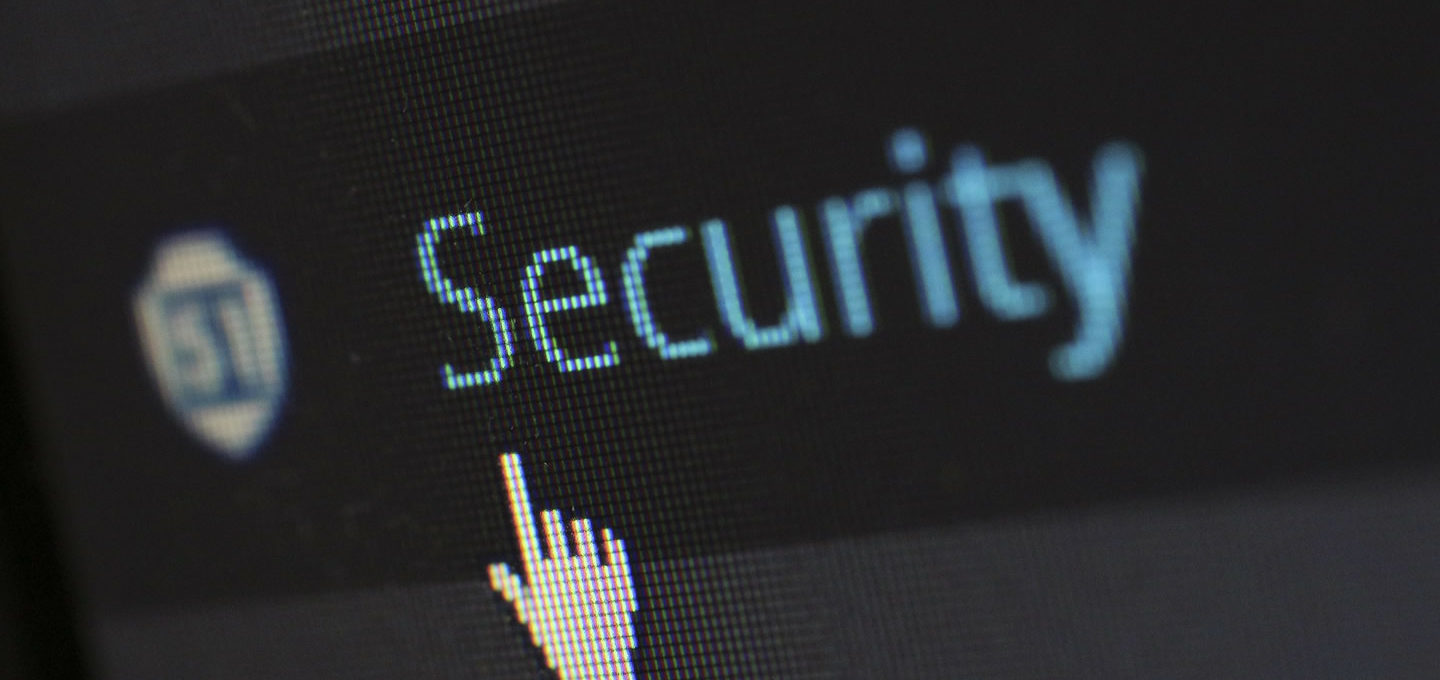Obtaining a master’s degree in business administration will teach you everything you need to know about running a business competently, efficiently, and effectively. Along the way, you’ll eventually encounter classes and modules that revolve around the online aspect of operating a business. One of the most critical topics in the realm of modern business management is cyber security – the protection of company computers and networks from malware infection and hacking. With that said, here are a few essential tips that every MBA student should learn before they graduate:
Avoid unsafe neighbourhoods on business computers
If you’re going to be attending a comprehensive MBA course from a well-known online degree program like the one at from Suffolk University (https://online.suffolk.edu/programs/mba), you’ll probably learn the importance of avoiding dangerous websites and online activities while browsing on company computers. After all, taking cybersecurity into account is one of the most important aspects of managing any business that has a web presence. While some attacks and viruses can come from within the network, in most cases computers are infected by visiting an infected web page.
Synced redundancy is the only foolproof method of data protection
While installing an antivirus software and learning how to use it proficiently is the obvious first step in attempting to protect your company from cyberattacks, there’s never a 100% guarantee of protection. For that reason, every business should have a reliable and speedy backup system in place to synchronize data across multiple devices in the cloud on a scheduled basis. If you’re frequently creating multiple backups of your company’s data, then a ransomware attack or other source of data loss can’t affect you because you can simply restore any affected files.
Factory reset is your friend if things go wrong
Once you have a backup system in place to make sure you don’t lose any data in the event of a security or hardware failure, the other concern you might have is that your operating system could be corrupted and stop working properly. This is usually the most noticeable symptom of a virus, however, it’s also the easiest to fix by performing a factory reset of the operating system. Learn how to do this and you’ll be able to make any company computer run like it is brand new again within a couple of hours.
Up-to-date antivirus is a requirement
While data loss and corrupted operating systems can easily be remedied by backup restoration and factory resets, once a hacker has stolen sensitive financial data, there’s no way to take it back from them, and they can use it for whatever nefarious purposes they originally had in mind. Thus, you still need to take every precaution possible to ensure your company machines are not compromised and that means running antivirus software, such as the leading tools from Bitdefender or Kaspersky, and keeping them up-to-date. Do not put off antivirus updates until tomorrow.
VPNs add another later of security
If you use public WiFi (ie. outside your home or office) then to avoid a man-in-the-middle attack where a hacker could intercept your data, it is a good precaution to use a virtual private network (VPN). These tools start at around $20 per year and will encrypt all your traffic so that it is kept away from prying eyes no matter if you are connecting to the internet at your favourite local cafe or a random Starbucks.
Keep these tips in mind and implement them before you venture out into the business world on your own.

